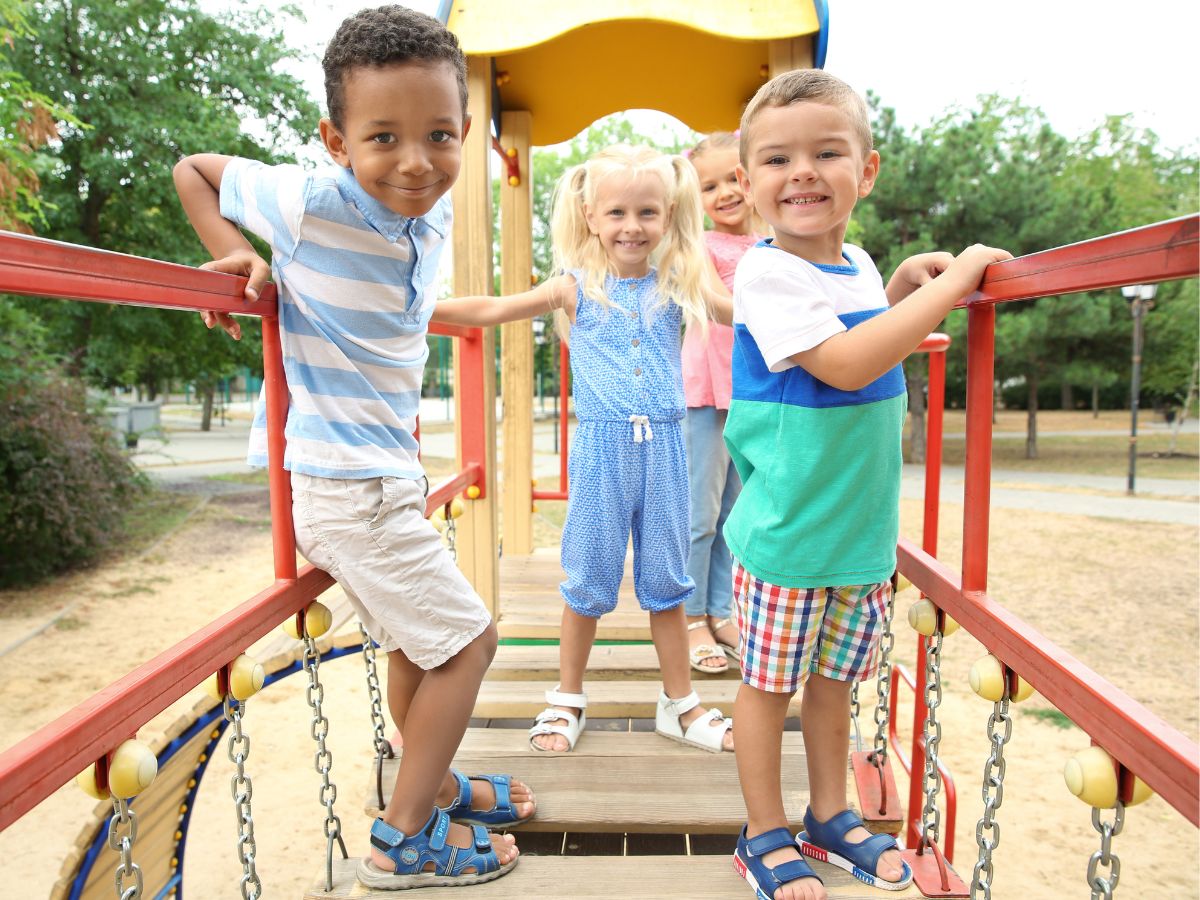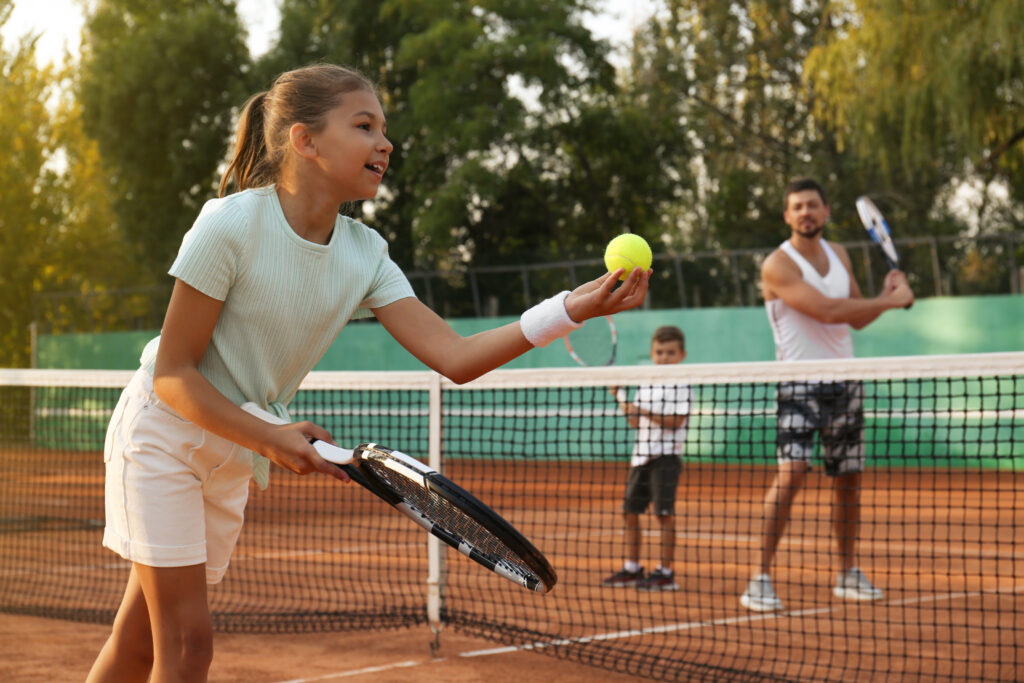Committing to Start Running
Research on new runners found that a strong personal “why” tied to identity and values boosts commitment to running, but social inequalities like gender and health disparities can impede progress despite strong motivation. Effective interventions for new runners should prioritize meaningful motivations and consider individual circumstances while promoting an enjoyable running experience.
Influence of structural and psychosocial factors on the level of physical activity of preschoolers attending daycare

Project Summary Objectives Theoretical framework: Theory of planned behaviour (Ajzen 1991) and the Cohen et al. structural model (2000). Research Methods Population: Children aged three to five attending a child care facility, run by the government of Quebec, in the National Capital and Chaudière-Appalaches regions (Quebec, Canada), and their daycare workers. Sample: Randomly selected child…
Using motor learning concepts to enhance athlete skill development

Motor learning is the process of acquiring and refining skills, such as movements or strategies, through practice and experience. It is an important concept in sport because it helps coaches create effective training programs to help athletes improve performance. Coaches can use motor learning principles to: By understanding the principles of motor learning, coaches can…
Aligning the top and bottom of the sport development pathway
Decisions made at the national sport level influence participation at the community level. Problems occur when there is misalignment between what is needed for each level and what is decided at the top. Decision-makers should consider how they can generate alignment between all levels in a sports pathway to improve long-term player development.
Safe, quality and values-based: 3 approaches to optimize sport experience
Highlights There are several evidence-informed approaches to sport delivery that researchers and sport organizations encourage, and that you can engage with, to promote positive experiences and combat harmful cultures in sport and society Quality sport, values-based sport and safe sport are 3 approaches to sport program delivery that are gaining traction and popularity at all…
Promoting integrity in education to support fair sport
Researchers suggest that the best way to promote fair sport is to move away from a solely doping-centric focus towards promoting high levels of integrity. In this 2022 article, researchers question the usefulness of the term “clean sport,” which is theorized differently as “drug-free sport” versus “cheating-free” sport.
Supporting mentorship experiences for coaches
Coaches looking to improve their skills through mentorship programs will get the most out of the experience if they receive support through training and resources. And research shows that training for mentees can be just as helpful as training for mentors. Mentees’ experiences improve when they have a better understanding of their roles and responsibilities…
Supporting positive parental decision-making in youth sport

Parents and guardians have significant influence on their children’s sporting experiences, as well as broader sport culture. They serve as interpreters, role models, and providers of childhood sport experiences (Fredricks & Eccles, 2004). As such, their decisions can have long-lasting impacts on their children’s sport enjoyment, performance and long-term participation. Parents must decide when to…
Female high performance athletes’ long-term health
Showing consideration and compassion for women athletes’ long-term health and goals, both during and after athletes’ careers, is critical in high performance sport. Rather than rely on hindsight in retirement, evidence-based guidance is needed to support women athletes as they progress through their careers so that they can prioritize their health for life. Check out…
Enhancing adult sport and physical activity
While long-term athlete development frameworks are meant for any age, adults report a lack of programming tailored to adult development. By emphasizing adult programming (for example, adult hockey or figure-skating programs targeted at those who did not learn how to skate as a child), organizations can bring more people into the game, grow their membership…